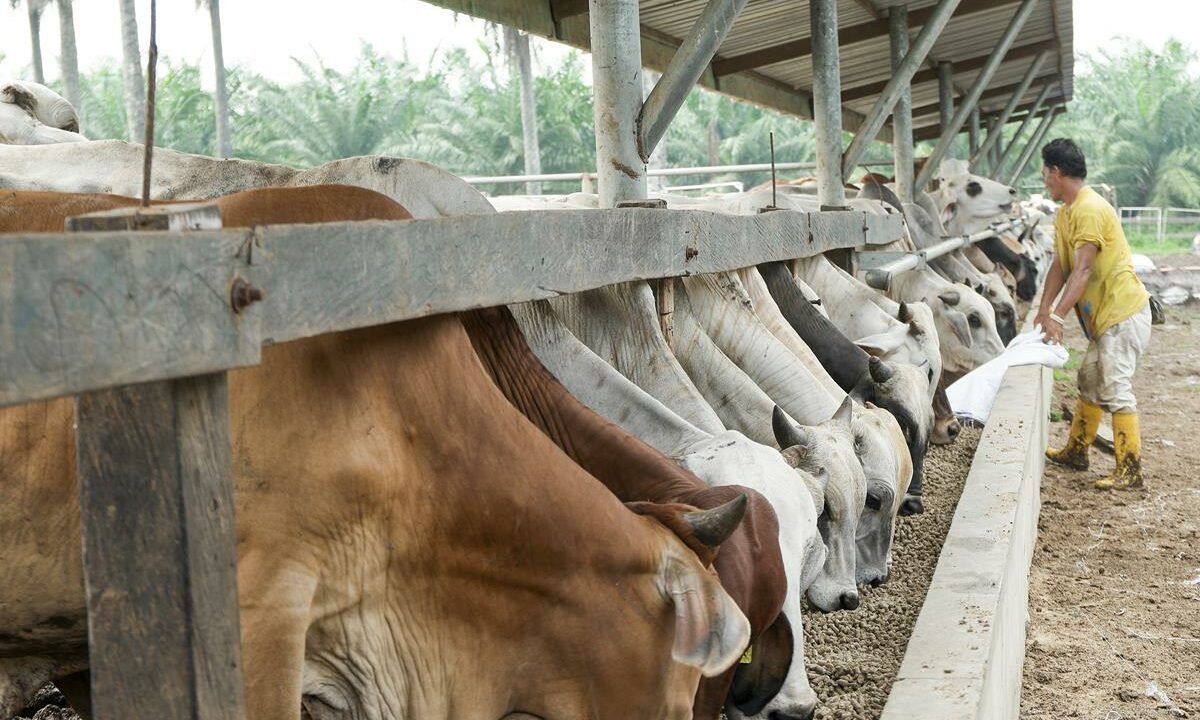The Beef2024 open day at Teagasc’s beef research centre at Grange, Co. Meath has heard that Ireland’s new crop of MEPs have a “vital role” in blocking the EU-Mercosur Trade Agreement and “supporting the beef sector”.
Earlier this month, Ireland elected 14 MEPs to sit in the European parliament, several of whom were re-elected, but with several other being elected for the first time.
During the term of the outgoing European Parliament over the last five years, the trade agreement with the South American Mercosur bloc (consisting of Argentina, Brazil, Paraguay and Uruguay) was one the most controversial, with MEPs and lobby groups from both the farmer side and the ‘Green’ side united in their condemnation of it.
The deal would allow an additional 99,000t of beef from these countries into the EU tariff-free, beef that is produced in large part on land that was formally part of the Amazon Rainforest but has been deforested to expand beef production.
Speaking at Beef2024 today (Wednesday, June 26), the president of the Irish Farmers’ Association (IFA), Francie Gorman, called on Ireland’s incoming MEPs to treat the Mercosur deal as a “red-line issue”.
“Beef farmers will expect our MEPs to be steadfast in their opposition to a trade deal that would have very damaging consequences for our sector. From the point next month when they formally take their seats, they will have to keep a close eye on negotiations,” Gorman said.
Gorman added that, while MEPs may differ from each other on some issues, there is a “strong case for unity on the Mercosur deal issue.
“The impact of a negative trade deal would be felt beyond the farmgate, with processing and upstream value hit by any decision to allow more imports.
“The new European Parliament can act as a bulwark against the European Commission’s plans, which appear to ignore the devastating impact of beef production in Brazil, while at the same time imposing greater regulation on beef farmers here,” the IFA president said.
“The next Common Agricultural Policy (CAP), which is already taking shape, has to reset its aims to better support beef production,” he added.
Beef2024 was also attended by IFA livestock chairperson Declan Hanrahan, who said beef and suckler farmers will be looking to the next national budget and the new CAP to provide additional supports.
“While there is no doubting the value of the beef sector to the Irish economy, incomes remain under pressure. Both beef and suckler farmers will be looking to the national budget in October, and the next CAP, to underpin their incomes with strong supports,” Hanrahan added.
